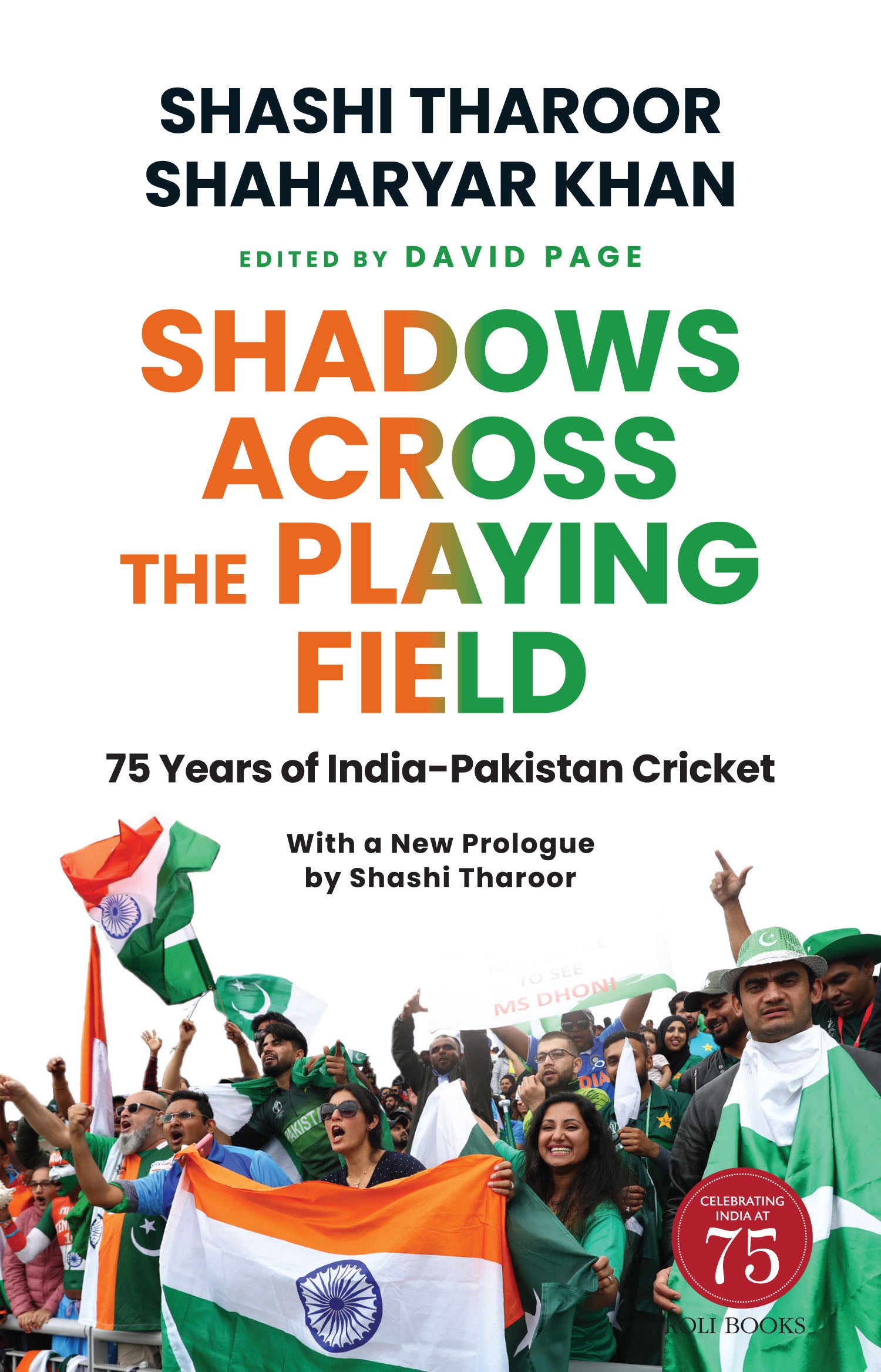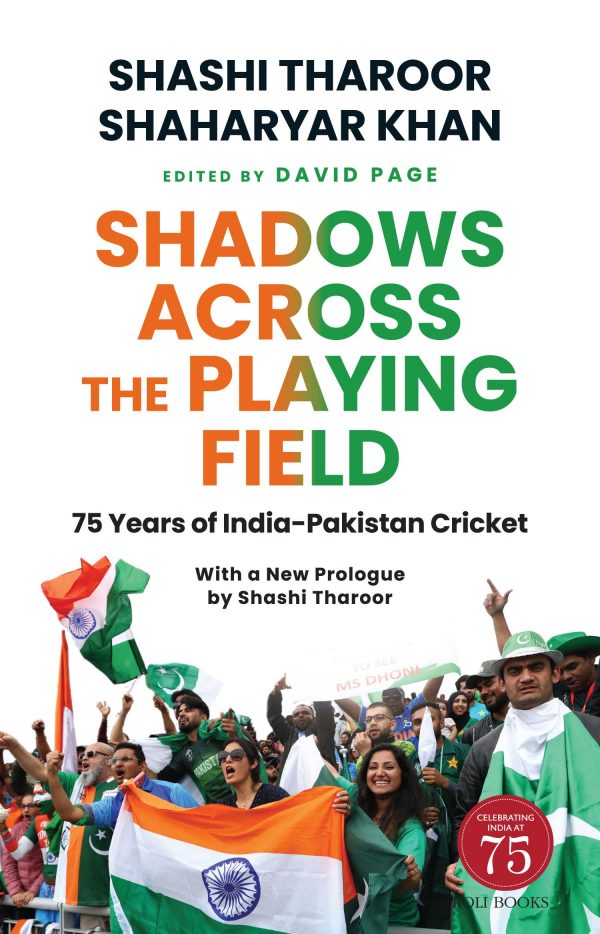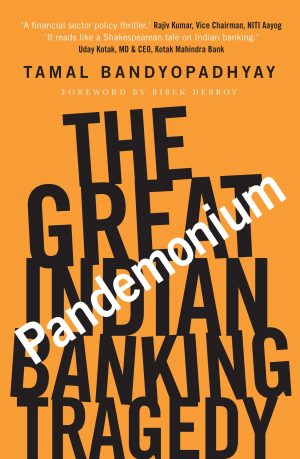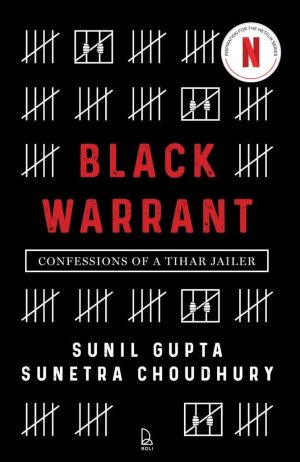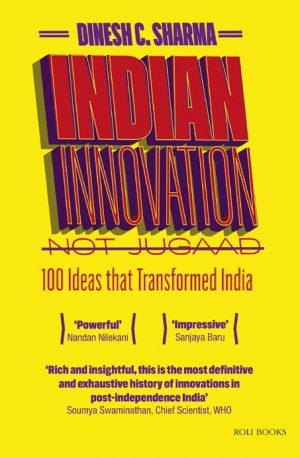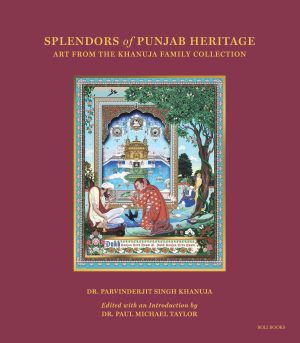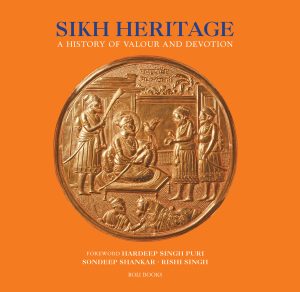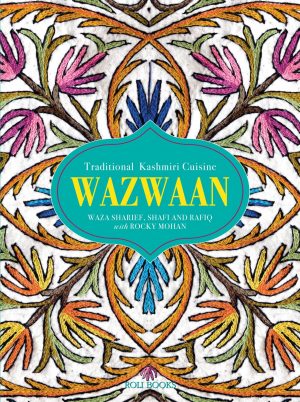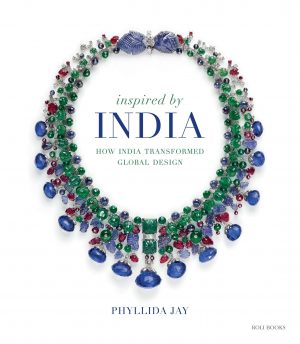Authors
-
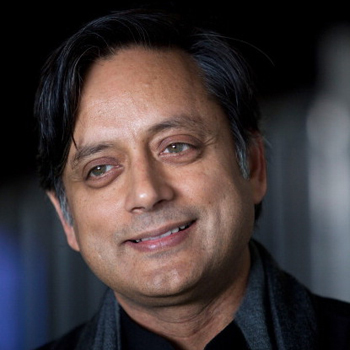
Shashi Tharoor worked for the United Nations in various humanitarian, peace-keeping and management roles for nearly thirty years and was Under-Secretary-General for Communications and Public Information during the tenure of Kofi Annan. Currently a Lok Sabha MP representing the Thiruvananthapuram constituency, he is an acclaimed novelist, author and newspaper columnist. His non-fiction titles include An Era of Darkness (2016), The Paradoxical Prime Minister (2018) and The Battle of Belonging: On Nationalism, Patriotism, and what it means to be Indian (2020). He has an encyclopaedic knowledge of Indian cricket, which he has followed avidly from afar, and has played in such cricketing hotbeds as Singapore and Geneva.
-
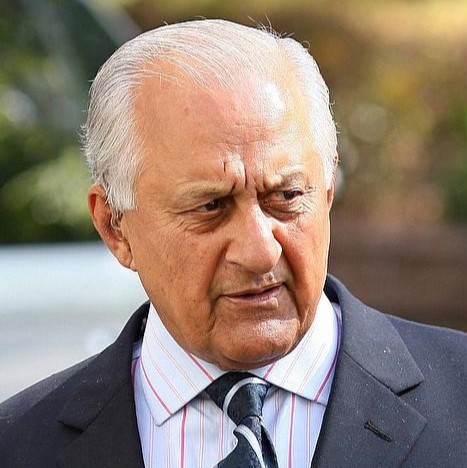
Shaharyar Khan had a long and distinguished career as a diplomat, retiring as Pakistan’s Foreign Secretary in 1994. He had earlier served as Ambassador to Jordan and France as well as High Commissioner to London. On retirement, he was appointed the UN Secretary-General’s Special Representative for Rwanda. He was born in Bhopal and educated at Cambridge University and the Fletcher School of Law and Diplomacy in Boston. He has had a lifelong interest in cricket and over the past ten years has played a pivotal role in cricketing relations between India and Pakistan. He was manager of the Pakistan cricket team that toured India in 1999 and served as Chairman of the Pakistan Cricket Board from December 2003 to October 2006. He is the author of The Begums of Bhopal (1999), The Shallow Graves of Rwanda (2000), Cricket: A Bridge of Peace (2001) and Bhopal Connections (2017).

